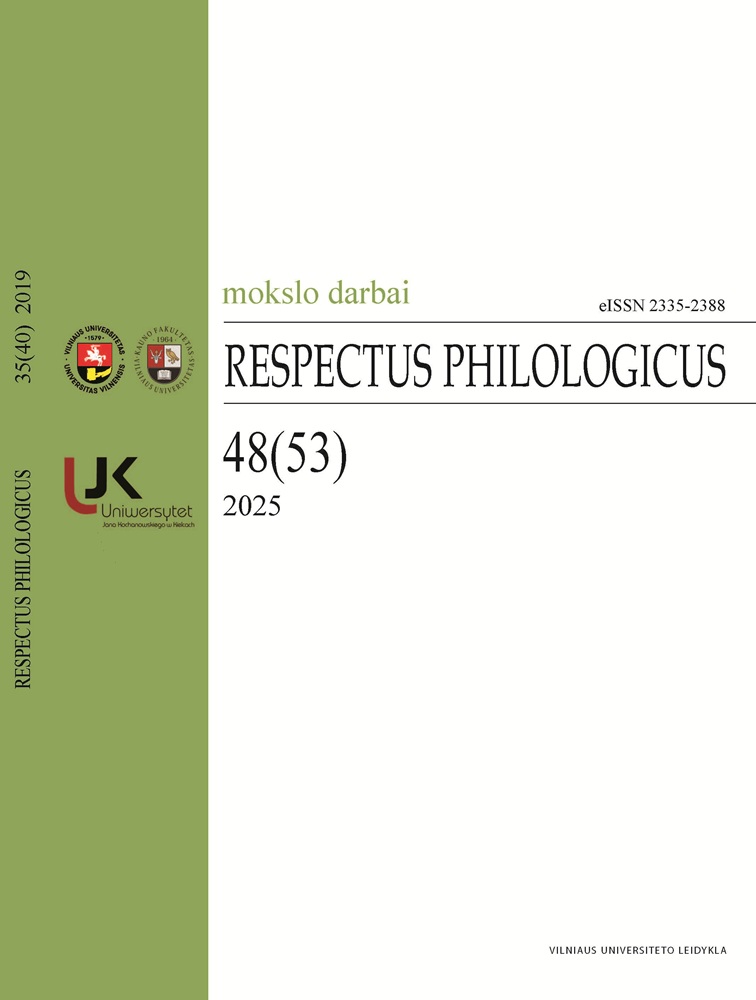Abstract
The article analyses the subversion of the meanings attributed to food tropes in Rushdie’s novel Midnight’s Children. The research is carried out within the theoretical framework of Postethnic Narrative Criticism, which postulates that literature should not be perceived as an accurate representation of reality outside the world of fiction or interpreted as such; as a result, historical and political contexts should not become key to understanding the narrative. The article analyses the key connotations of the tropes emerging in the description of Saleem Sinai, the protagonist of the novel Midnight’s Children. The portrayal of Saleem highlights the fusion of private and public realities of life, subverting established gender – specific connotations related to the tropes of food. A traditional model of the family undergoes major challenges in the novel, which is symbolised by an increase in the importance of liquid-related food imagery associated with the problem of alienation from the family and an emerging possibility to establish long-term relationships outside it. Diverse religious, political and economic contexts attributed to food tropes in the novel broaden the scope of traditional meanings of food tropes.

